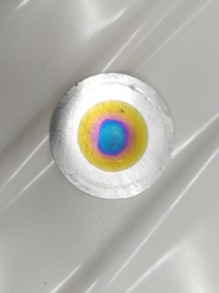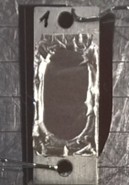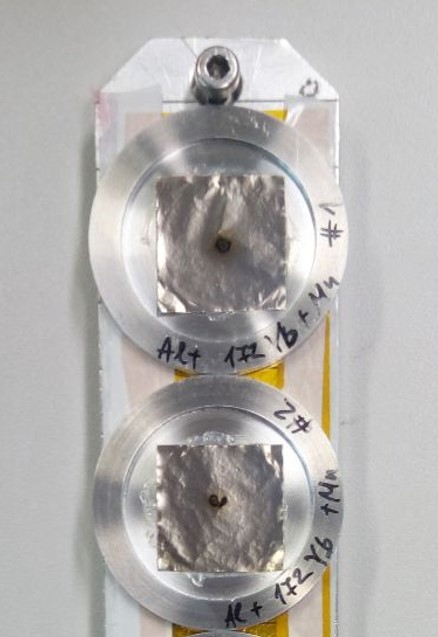Laboratory web page: University of Cologne (external link)
The Institute for Nuclear Physics at the University of Cologne has its own target laboratory, which is dedicated to the production of stable, solid targets with thicknesses of down to about 200 µg/cm2. The lab has a long-standing tradition and is operating for many decades. Throughout the years, the former head of the target lab, Oskar Zell, acquired lots of expertise in the production of targets, even from “difficult” materials. Those cases include target materials with low melting points, material which tend to oxidize or form an alloy very quickly as well as materials that are very fragile. Details of the material handling and target preparation are available and documented in an inofficial “lab book”. In addition, the target lab is equipped with various machines and devices, allowing to produce stable targets via different techniques, e.g., via rolling, electrolysis, or evaporation, see Figs. 1, 2 and 3. The former head of the target laboratory retired a few years ago and presently we lack manpower in the lab. Therefore, target production typically requires some time and needs to be planned well in advance before an experiment. Therefore, target production service for external users is very limited and cannot be provided on a reliable and regular basis.

(Credit: UoC)

(Credit: UoC)

(Credit: UoC)
Nevertheless, the present head of the lab is available for assisting with advice and tips for external target labs, in particular when handling with “difficult” materials. For the future we have the plan to write a real report from the “lab book” and as of March 2022 a new student has been hired to increase the performance of the target laboratory.
